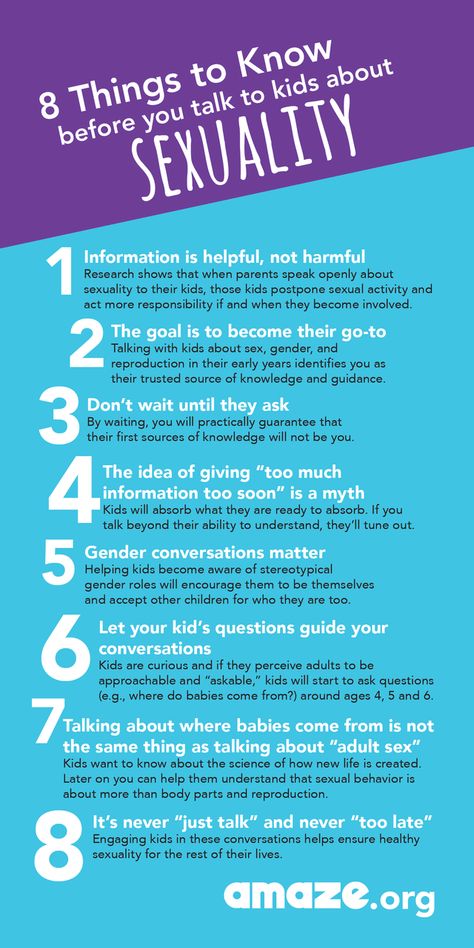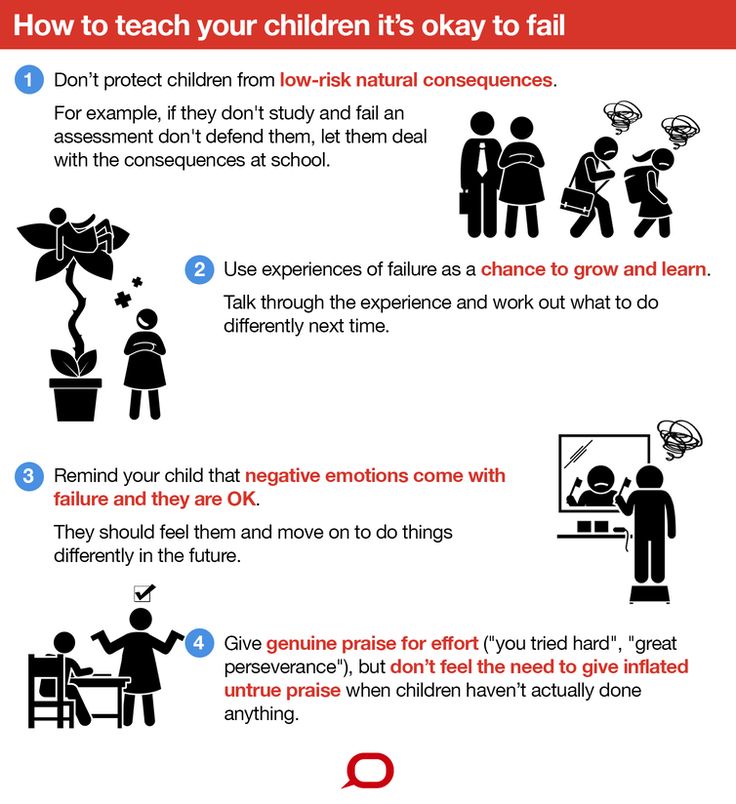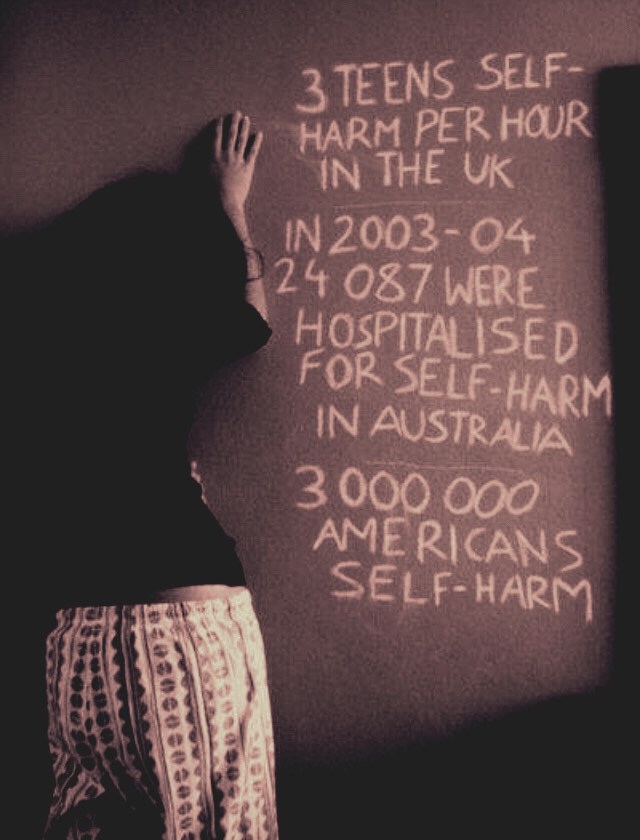How to talk about sex with your child
How to Talk to Your Kids About Sex: An Age-by-Age Guide
Skip to contentPublished: June 22, 2021 Updated: October 11, 2022
Published: 06/22/2021 Updated: 10/11/2022
Talking about sex with your children is important. Children who have open and positive conversations with their parents about sexuality are more likely to make safer decisions. Parents should approach sexuality as an ongoing conversation starting in toddlerhood. As children progress to adolescence, parents can provide more in-depth information and guidance.
Talking about sex with your child can be awkward. A therapist can help you prepare for this conversation. BetterHelp has over 20,000 licensed therapists who provide convenient and affordable online therapy. BetterHelp starts at $60 per week. Complete a brief questionnaire and get matched with the right therapist for you.
Choosing Therapy partners with leading mental health companies and is compensated for referrals by BetterHelp
Visit BetterHelp
When Should I Start Talking to My Child About Sex?
There is no “right” age to talk to your children about sex, but it can start as early as the toddler years. When and how you approach the conversation will depend on your child’s age, maturity level, and interest It is best to approach it as an ongoing conversation, rather than a one-time talk.
Many think that talking about sex means only talking about the act of having sex. In fact, talking about sex includes and involves topics such as:1
- Anatomy
- Sexual activity
- Intimate relationships
- Contraception
- Sexually transmitted infections (STIs)
- Pregnancy
- Consent
- Masturbation
- Pornography
- Sexual orientation
Talking about sex with your children can bring up a lot of emotions, including fear, anxiety, and dread, for both parent and child. These reactions are normal, but should not get in the way of having a positive conversation. Teens are more likely to delay having sex and use protection when they do have sex if their parents talk to them about it.1,2
An Age-By-Age Guide to Talking to Kids About Sex
As children age, the way you talk to them about sex should evolve. Young children can benefit from learning the words for their body parts, while teens require more in-depth information and an opportunity to share their own experiences.
Young children can benefit from learning the words for their body parts, while teens require more in-depth information and an opportunity to share their own experiences.
Here are ways to approach talking about sex with your children at each age:
Young Children (Under 5)
Toddlers may seem too young to begin speaking about sex and sexuality, but talking to them about their body parts is important. Just like you would teach them about other parts of their bodies, children this age should be taught the correct words for their reproductive organs.3 Avoid using immature slang like “down there” or “pee-pee;” instead, teach the correct terminology, like “penis” and “vagina.”
Direct communication with young children about their bodies is necessary for a number of reasons.3,4 First, If something hurts, they will know how to tell you. Additionally, if children experience any sexually inappropriate act, they will have the language to describe what happened to them. Using clear language also supports a positive body image and decreases shame.
Using clear language also supports a positive body image and decreases shame.
5-8 Years Old
When children get past the toddler years, you can start thinking about what age you’d like to talk to them about puberty. Depending on your child’s physical development, you may need to have a conversation as early as seven or eight years old. If your child isn’t showing signs of puberty yet, you can hold off until they are nine or ten.
At this age, it is important to talk to your children about what is and isn’t appropriate. Explain to them that no one should be touching their bodies and encourage them to speak up if they are uncomfortable with anything. If your child is engaging in masturbation, avoid shaming them. Simply explain that this is normal behavior that can feel good, but should be done in private.
9-12 Years Old
By this age, speak to your children about puberty. Explain what kinds of changes they can expect and why. Share your own experiences and invite them to ask questions.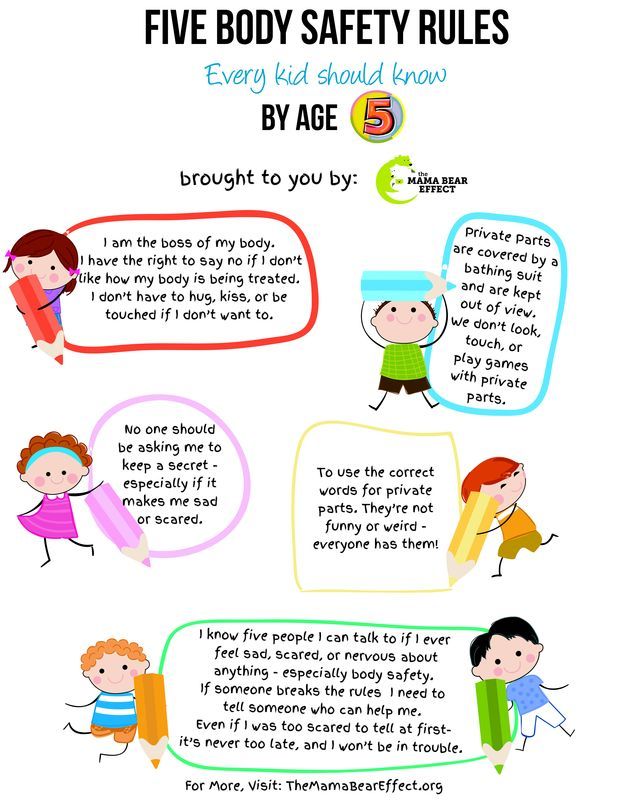 They may have emotional reactions, like fear and anxiety. Try to quell their anxiety by explaining that while these changes can be difficult, everyone goes through them. You can read a book together on puberty for further information.
They may have emotional reactions, like fear and anxiety. Try to quell their anxiety by explaining that while these changes can be difficult, everyone goes through them. You can read a book together on puberty for further information.
During this time, you should also educate your child about sex, including what it is, how it is done, and that it can lead to pregnancy. At the same time, it important to provide information about safe sex practices. Some parents fear that being open about safe sex will encourage their children to have sex earlier, but this is not the case.4 If you’re struggling with how to talk to your tween about sex and puberty, speak with your child’s pediatrician or consider reading up on the topic.
Talking to Your Teen About Sex
By this point, you should have had conversations with your teen about their body parts, puberty, and sex. Now is time to go more in-depth and have open conversations about their feelings about their bodies and sexuality. Around 15% of teens are sexually active by age fifteen.5 Even if your child isn’t sexually active, they likely have friends who are, have thought about it, or may be in a relationship where it’s being discussed.
Around 15% of teens are sexually active by age fifteen.5 Even if your child isn’t sexually active, they likely have friends who are, have thought about it, or may be in a relationship where it’s being discussed.
Ask your teen questions and remind them that you are here to talk. If they are uncomfortable, don’t push too hard. Simply remind them that they can come to you if they need advice or support.
How to Start the Conversation With Your Kids
If you find yourself feeling nervous to start the conversation about sex with your kids, seek advice or support from other parents, your child’s pediatrician, teachers, or a therapist. Remember, your child will likely feel nervous too, so approach them in a comfortable and safe environment. Plan time to talk with them when you will both be alone (no younger siblings present).
As discussed, talking to your child about sexuality should be an ongoing conversation. You can take advantage of “teachable moments” to continue the conversation when an issue is presented. 4,5 For example, if you are watching a television show that has sexual content, you can use it as an opportunity to talk about what is going on and allow your child to ask questions. This gives teens an opportunity to reflect on applying these questions to their own lives.
4,5 For example, if you are watching a television show that has sexual content, you can use it as an opportunity to talk about what is going on and allow your child to ask questions. This gives teens an opportunity to reflect on applying these questions to their own lives.
How to Respond to Your Child’s Questions About Sex
Give your child the opportunity to ask questions about sex. They will likely have questions at different points in time, especially as they become exposed to new information and experiences. Thinking about what questions your child might ask in advance can help prepare you.
Questions your child may ask include:
“Is sex bad?”
Depending on children’s knowledge and exposure to sex, they may wonder if it is bad. Talk to your children about the fact that sex is not bad, but it is something that does have real consequences. You don’t want them to have a negative association with sex, but you do want them to make informed decisions.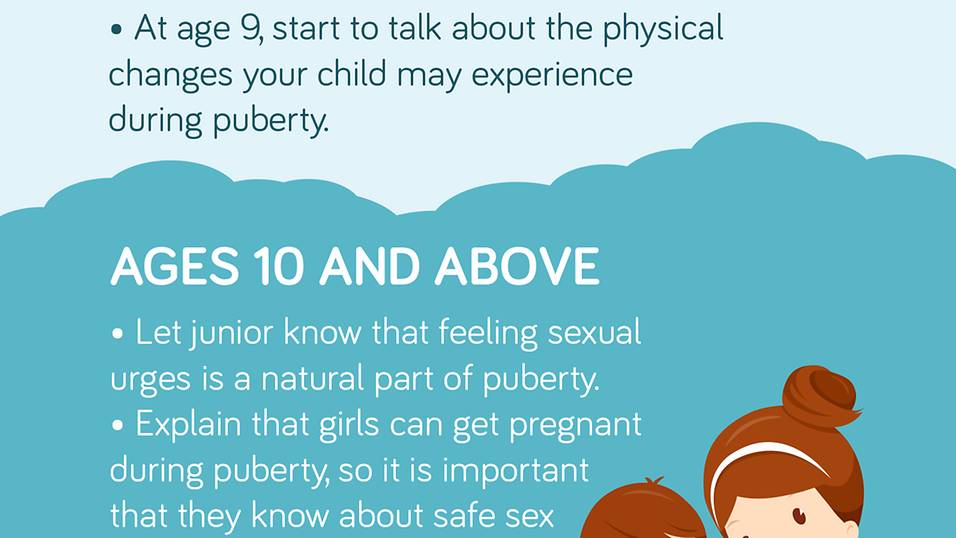
“What if someone asks me to do something that I don’t want to do?”
Encouraging children’s ability to define and assert their own limits and boundaries is an important part of talking to them about sex. Talk to them about the importance of consent and brainstorm ways that they can communicate their limits.
“Am I ready to have sex?”
Be prepared for your child to ask you directly about having sex. If this question comes up, it is most helpful to help your child think about whether they are ready for the changes that having sex can bring to their lives.
“When did you first have sex?”
This question can be particularly challenging for parents to answer. Prepare yourself for this question in advance by thinking about how much you are comfortable sharing with your children. Try to use it as a teachable moment by acknowledging anything that you might have done differently and talking about the pros and cons of your choices.
Do’s & Don’ts For Talking to Your Kids About Sex
During these conversations with your children, there are certain things that you should and should not do; however, there is always an opportunity to correct mistakes by acknowledging them and giving the correct information.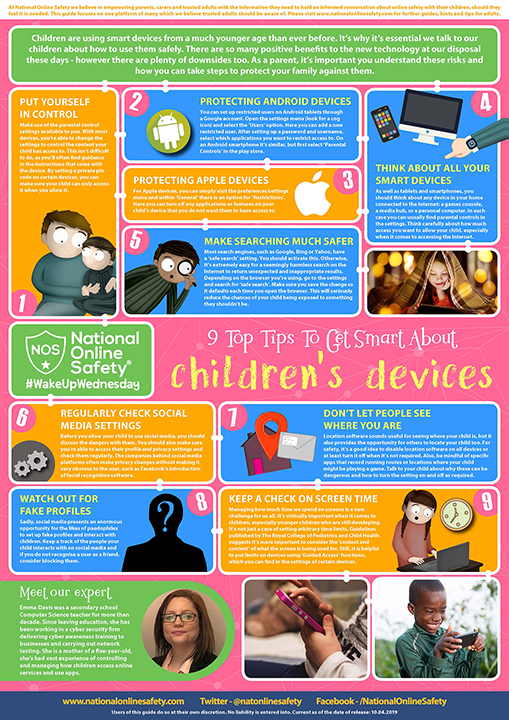
The Do’s
When talking with your child about sex, do the following:
- Use direct and clear communication, even if it feels uncomfortable
- Tailor your conversation based on your child’s age and maturity level
- Explain sexual abuse and encourage them to talk to you about anything that makes them uncomfortable
- Share your own experiences with going through puberty
- Talk about safe sex practices
- Offer resources to your child on puberty and sex, such as books, websites, and pamphlets
- Encourage them to ask you questions and process their reactions to this information
The Don’ts
When having a conversation about sex with your child, don’t:
- Use slang terms for reproductive body parts
- Shame children for masturbating or being curious about their bodies
- Discourage children from asking questions
- Make up answers. If you are unsure about a child’s question, you could look up the answer together or let them know you don’t know and you’ll follow up with them when you have an answer
- Be afraid to seek out information or guidance from a healthcare provider, educator, or other reliable sources
Will Talking With My Kids Make Any Difference?
Children of parents who talk about sex are more likely to put off having intercourse and use protection when they do have sex. 4 Studies of adolescents found that having outlets to talk to about sexuality was associated with a lower likelihood of engaging in sexual activity and a higher likelihood of delaying intercourse.6,7
4 Studies of adolescents found that having outlets to talk to about sexuality was associated with a lower likelihood of engaging in sexual activity and a higher likelihood of delaying intercourse.6,7
The way you present sex education is important. Some parents take an abstinence-only approach. While it is OK to encourage your children to abstain until they are ready, focusing only on abstinence and not talking about other topics, like the importance of using protection, is not necessarily positive. Teens who are given abstinence-only education are no more likely to abstain from intercourse than other teens.5
Final Thoughts on How to Talk to Your Kids About Sex
Talking to your child about sex and sexuality can be difficult or feel awkward; however, it is an important topic. As a parent, there are specific ways to approach this ongoing conversation at each age. Remember, it is important to arm your child with knowledge of themselves and the world around them, including the topic of sex.
Additional Resources
Education is just the first step on our path to improved mental health and emotional wellness. To help our readers take the next step in their journey, Choosing Therapy has partnered with leaders in mental health and wellness. Choosing Therapy may be compensated for referrals by the companies mentioned below.
TeenCouseling.com (For The Teenager) – Build your self-esteem with the help of a therapist. TeenCounseling.com has over 13,000 licensed therapists who provide convenient and affordable online therapy and parent coaching. Get Started
Online-Therapy.com (Parent Coaching & Therapy) – A therapist can help you relate and communicate better with your teenager. The Online-Therapy.com standard plan includes a weekly 45 minute video session, unlimited text messaging between sessions, and self-guided activities like journaling. Recently, they added instructional Yoga videos. Get Started
Mindfulness. com (App) – Mindfulness and meditation can change your life. In a few minutes a day with Mindfulness.com, you can start developing mindfulness and meditation skills. Free Trial
com (App) – Mindfulness and meditation can change your life. In a few minutes a day with Mindfulness.com, you can start developing mindfulness and meditation skills. Free Trial
Choosing Therapy’s Directory (Family Therapy) – Find an experienced therapist who is an expert at working with families. You can search for a therapist by specialty, availability, insurance, and affordability. Therapist profiles and introductory videos provide insight into the therapist’s personality so you find the right fit. Find a therapist today.
Choosing Therapy partners with leading mental health companies and is compensated for referrals by TeenCounseling.com, Online-Therapy.com, and Mindfulness.com
For Further Reading
- US Department of Health & Human Services – Talk to your kids about sex
- Centers for Disease Control & Prevention – Talking with your teen about sex
- Best Books on Sex & Intimacy
- National Alliance on Mental Health
- MentalHealth.
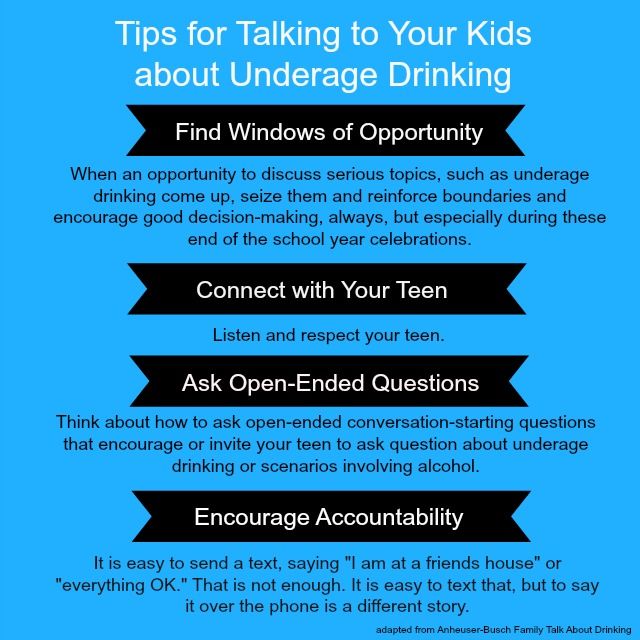 gov
gov
7 sources
Choosing Therapy strives to provide our readers with mental health content that is accurate and actionable. We have high standards for what can be cited within our articles. Acceptable sources include government agencies, universities and colleges, scholarly journals, industry and professional associations, and other high-integrity sources of mental health journalism. Learn more by reviewing our full editorial policy.
-
Breuner, C.C. (2016). Talk about sex: AAP recommends evidence-based education, with pediatricians’ help. AAP News. Retrieved from: https://www.aappublications.org/news/aapnewsmag/2016/07/18/SexEd071816.full.pdf
-
Centers for Disease Control and Prevention. (2019, November). Talking with your teens about sex: Going beyond “the talk.” Retrieved from: https://www.cdc.gov/healthyyouth/protective/factsheets/talking_teens.htm
-
Mathews, D. (2017, March). Call children’s private body parts what they are.
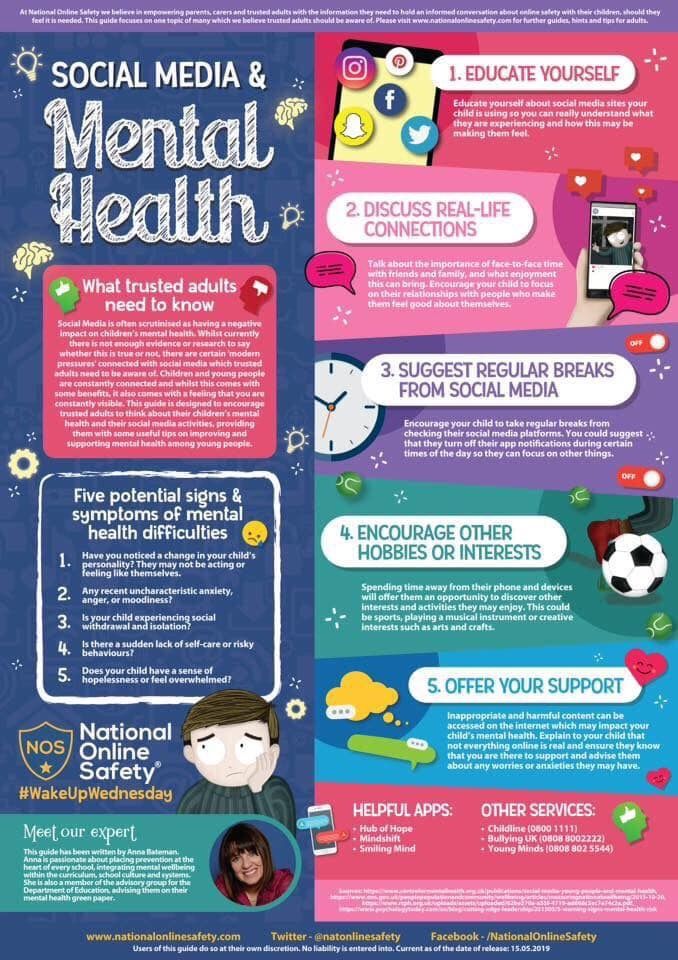 Psychology Today. Retrieved from: https://www.psychologytoday.com/us/blog/going-beyond-intelligence/201703/call-children-s-private-body-parts-what-they-are
Psychology Today. Retrieved from: https://www.psychologytoday.com/us/blog/going-beyond-intelligence/201703/call-children-s-private-body-parts-what-they-are -
Planned Parenthood of New York City. (2009). Hey, what do I say?: A parent to parent guide on how to talk to children about sexuality. Retrieved from: https://www.plannedparenthood.org/files/2514/0034/8138/ParentGuide.pdf
-
Ashcraft, A. M., & Murray, P. J. (2017). Talking to parents about adolescent sexuality. Pediatric Clinics of North America, 64(2), 305–320.
-
Guzmán, B. L., Schlehofer-Sutton, M. M., Villanueva, C. M., Stritto, M. E. D., Casad, B. J., & Feria, A. (2003). Let’s talk about sex: How comfortable discussions about sex impact teen sexual behavior. Journal of Health Communication, 8(6), 583-598.
-
Markham CM, Lormand D, Gloppen KM, et al. Connectedness as a predictor of sexual and reproductive health outcomes for youth.
 The Journal of Adolescent Health 2010;46:S23‒41.
The Journal of Adolescent Health 2010;46:S23‒41.
If you are in need of immediate medical help:
Medical
Emergency
911
Suicide Hotline
800-273-8255
How to talk to kids about sex: An age-by-age guide
Talking to your kid about sex can be daunting. So we asked the experts how and when to cover everything from sex and puberty to gender identity and consent.
Three years ago, while Lisa King* was pregnant with her first daughter, her then six-year-old nephew became fascinated with her growing belly. “He’d ask, ‘How did the baby get inside your tummy?’ and ‘How is the baby going to get out?’” When King left those inquiries with her nephew’s mother and grandmother, “Words like god and magic were thrown around,” recalls King. She told herself that, when it came to how to talk to kids about sex, she would be open and honest. Now a mom to a 10-month-old and a two-and-a-half-year-old, King wants to keep that promise.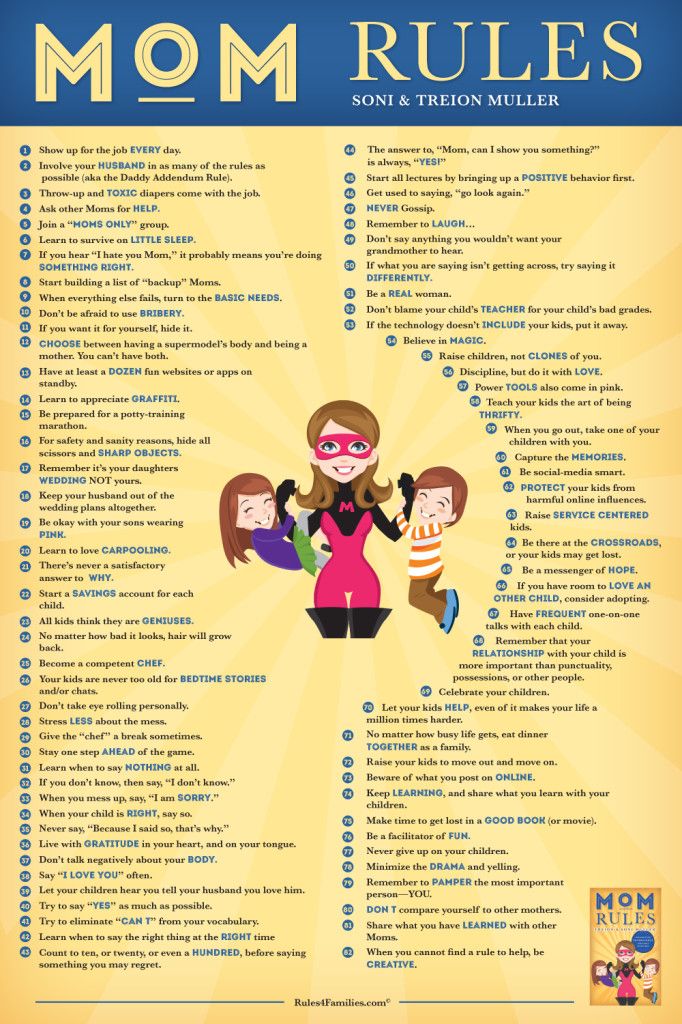 There’s just one problem: “I need some basic guidance, an outline perhaps, of what to talk about and when,” she says.
There’s just one problem: “I need some basic guidance, an outline perhaps, of what to talk about and when,” she says.
King’s uncertainty is hardly unique, says Nadine Thornhill, a Toronto-based sex educator and mom to an 11-year-old. “This is what I do for a living and I still struggle to have these conversations with my own child.” She notes that, while it’s normal to feel awkward and nervous, it’s important to focus on being honest. “There’s more risk with not telling them enough than telling them too much,” she says, adding that it’s OK to admit that you don’t have all the answers. Just before you tackle any of your child’s sex-related inquiries, Cory Silverberg, sex educator and author of Sex Is A Funny Word: A Book About Bodies, Feelings And You, suggests you first ask a clarifying question such as “Where did you hear that word?” in order to give an appropriate response.
While pop culture likes to portray teaching kids about sex as just one big “talk,” experts agree that sex is something kids should always be learning about. They recommend weaving sex into everyday discussions, layering in more information over time and introducing certain concepts at specific ages. With that in mind, we’ve put together this age-specific guide to help you learn how to talk to kids about sex.
They recommend weaving sex into everyday discussions, layering in more information over time and introducing certain concepts at specific ages. With that in mind, we’ve put together this age-specific guide to help you learn how to talk to kids about sex.
“The process of talking about sex should start before they’re verbal,” says Silverberg. That means incorporating the proper names for genitals into everyday activities like bath time. While Silverberg isn’t against also using cutesy names, “Penis, vulva, vagina, clitoris, bum and nipples are all terms that every toddler should know,” he says, explaining that they need these words to communicate health issues or injuries.
Teaching your baby the anatomically correct terms for her genitals might sound daunting, but Thornhill says to be casual and treat those terms as you would the word “arm” or “ankle.” She also recommends avoiding connecting sexual biology to gender.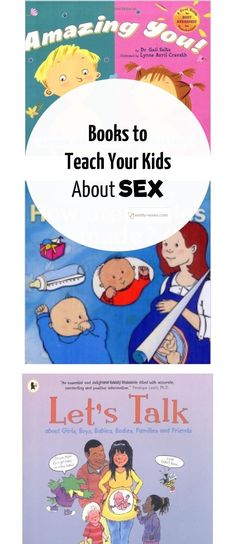 For example, drop the idea that all boys have penises and all girls have vaginas. Instead say, “People with penises” or “People with vaginas.” Thornhill explains that by watching your language now, you set the groundwork for easier conversations about gender roles and identities later.
For example, drop the idea that all boys have penises and all girls have vaginas. Instead say, “People with penises” or “People with vaginas.” Thornhill explains that by watching your language now, you set the groundwork for easier conversations about gender roles and identities later.
Closer to age two, you can start talking to your kids about when and where it’s appropriate to explore their bodies. If your toddler has the tendency to touch his genitals—which is perfectly normal—use it as an opportunity to explain how that’s something we do in the privacy of our bedrooms. “You want to be really gentle,” Thornhill says, explaining that you don’t want your child to feel like he’s doing something shameful.
How to talk to kids about sex when they’re 2 to 5 years oldA major focus for this age group is learning about boundaries and what is and isn’t appropriate when it comes to touching—or being touched—by other people. “This is fundamental to consent,” says Silverberg who explains that it’s crucial that even young children learn to ask before they touch someone else.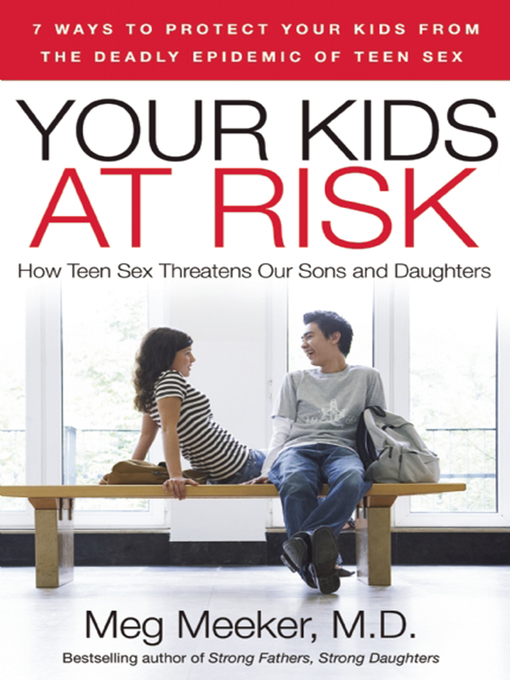 Lessons around sharing, touch-based games like tickling, and asserting your own boundaries, such as telling a child when it is and isn’t OK to climb onto your lap, all help to create a more intuitive understanding of consent.
Lessons around sharing, touch-based games like tickling, and asserting your own boundaries, such as telling a child when it is and isn’t OK to climb onto your lap, all help to create a more intuitive understanding of consent.
Establishing that kids have a say over their own bodies also helps with keeping them safe. While you can skip the explicit details, now is when you should be telling your child that others should never ask to or try to touch their genitals. Thornhill says it’s important to convey that your kids can tell you about inappropriate actions at any time, even if they’ve previously kept it a secret.
At this age, kids can be very curious about each other’s bodies. Thornhill explains that it’s important to acknowledge this inquisitiveness and use it as an entry point to discuss your family’s rules and values. “Talk to them explicitly about when it’s appropriate to be naked,” she says. And if you do catch your kids playing doctor, don’t freak out.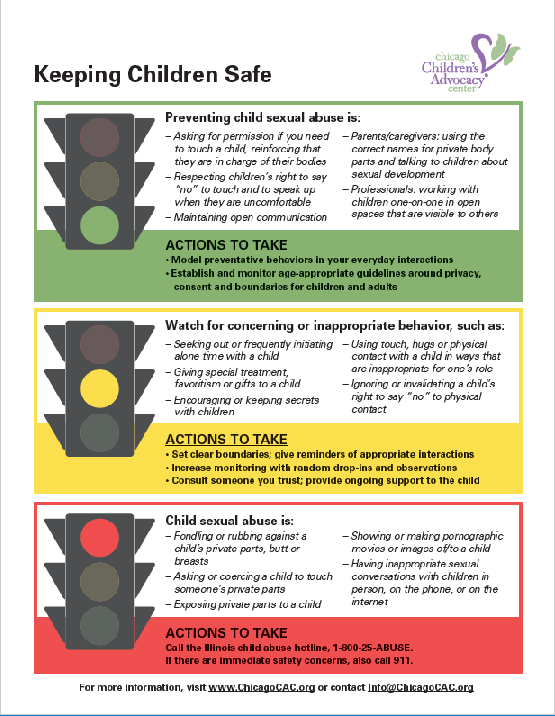 Instead, discuss how it’s not appropriate to handle other people’s genitals, as these are very special parts of the body that shouldn’t be touched by others.
Instead, discuss how it’s not appropriate to handle other people’s genitals, as these are very special parts of the body that shouldn’t be touched by others.
At this age, your child might begin asking how babies are made. For Silverberg, the easiest and most inclusive answer is, “There are lots of ways.” The author, whose first book What Makes a Baby answers this question for the preschool set, explains, “The amount of detail one goes into really depends on how much you think your child can comprehend.” If your child wants more information, you might try something like, “Two grown-ups get their bodies together and share the sperm and the egg to make a child like you, or sometimes they get the sperm or egg from someone else.” Silverberg adds that it’s fine to tell your child that some details, like how sperm and egg meet, will be discussed later. “It’s just important not to lie.” He adds that it’s important to actually follow up with those questions and not just refuse to talk about certain things.
Thornhill suggests exploring how babies are made by telling kids their own birth story, which lets you tailor the details to your family’s specific situation. Just be sure to note that your child’s birth story is just one of many ways that families are made.
It’s important to introduce kids of this age group to the idea that families and relationships can be built in various ways. If your kids are part of or are regularly around non-traditional families, they’ll naturally pick up on this, explains Silverberg. But if they aren’t, “Make sure that you have a few good books that aren’t just on nuclear, heterosexual families.”
And bring inclusive language into your everyday speech. For example, says Silverberg, swap “Welcome, boys and girls” for “Welcome, kids” or “Welcome, friends.” While subtle, this small shift teaches children that gender isn’t binary.
How to talk to kids about sex when they’re 6 to 8 years oldAt this age, it’s important to discuss how to safely explore digital spaces—even if your child won’t be using the internet unsupervised for a few more years.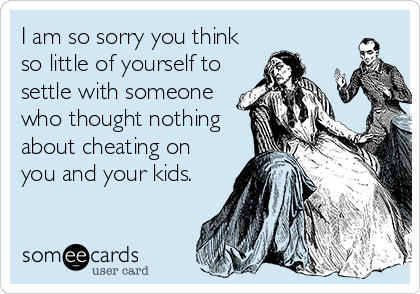 Establish rules around talking to strangers and sharing photos online, as well as what to do if your child comes across something that makes her feel uncomfortable. Thornhill notes that while you don’t need to pre-emptively explain pornography to kids, be prepared to have them stumble across it. “Calmly explain that those sorts of websites are about grown-ups doing grown-up things,” she says. While there’s no need to present pornography as something bad, you will want to state that that these types of websites are just for adults.
Establish rules around talking to strangers and sharing photos online, as well as what to do if your child comes across something that makes her feel uncomfortable. Thornhill notes that while you don’t need to pre-emptively explain pornography to kids, be prepared to have them stumble across it. “Calmly explain that those sorts of websites are about grown-ups doing grown-up things,” she says. While there’s no need to present pornography as something bad, you will want to state that that these types of websites are just for adults.
This is also a good time to revisit masturbation, since by age eight most children have begun to explore their bodies. Frame it as something that, while normal, is done in private, and don’t forget to address proper hygiene.
At this age, you can also speak more explicitly to kids about sexual abuse. Silverberg explains that it’s important for kids to know about this unfortunate reality in order to protect themselves or help a friend who experiences abuse. How detailed this talk gets really depends on your child. Silverberg recommends starting with the basics, such as how no one should be touching them without their permission, then revisiting the subject a few days later to gauge what they understood and how they feel. If your child gets upset, you may want to hit pause on this topic until they’re a little older.
How detailed this talk gets really depends on your child. Silverberg recommends starting with the basics, such as how no one should be touching them without their permission, then revisiting the subject a few days later to gauge what they understood and how they feel. If your child gets upset, you may want to hit pause on this topic until they’re a little older.
By now, it might be time to explain the actual mechanics of sex to kids. Silverberg notes that there’s nothing wrong with introducing this information earlier if your child seems ready for it, or delaying it a bit if you think they won’t comprehend it. To make this discussion easier on you, he suggests incorporating a good book that’s aimed at anticipating your child’s many questions.
Talking about sex can go hand-in-hand with another key topic: puberty. Thornhill says when kids are around age six, this can be a simple discussion about how bodies change as we grow. For example, you could compare photos of when they were little with what they look like now. Silverberg recommends saving the more detailed puberty talk until just before your child or those in her peer group start experiencing it. Otherwise, he says, “It seems like you’re talking about an alien planet.” Children with vaginas can expect to start puberty between nine and eleven. For them, a key indicator that this change is underway is the development of breast buds, which usually starts before age 10. Menstruation follows a few years later, usually around age 12 (though earlier isn’t uncommon). Children with penises tend to start puberty closer to 10, with pubic hair growth being the first clear sign.
Silverberg recommends saving the more detailed puberty talk until just before your child or those in her peer group start experiencing it. Otherwise, he says, “It seems like you’re talking about an alien planet.” Children with vaginas can expect to start puberty between nine and eleven. For them, a key indicator that this change is underway is the development of breast buds, which usually starts before age 10. Menstruation follows a few years later, usually around age 12 (though earlier isn’t uncommon). Children with penises tend to start puberty closer to 10, with pubic hair growth being the first clear sign.
When it comes to discussing puberty, Silverberg recommends sharing a good book with your child that can walk you both through puberty’s more technical aspects, such as the differences between testosterone and estrogen, and why and how our bodies undergo changes in hair, genitals, voices, etc. He also says to make this a general talk. “It isn’t that girls get one lesson and boys get one lesson. ” Kids should learn not only about their own bodies, but also other bodies. While the detailed mechanics of puberty might be limited to one conversation, the impact of this transition should be an ongoing discussion.
” Kids should learn not only about their own bodies, but also other bodies. While the detailed mechanics of puberty might be limited to one conversation, the impact of this transition should be an ongoing discussion.
“Kids of this age also need to learn more about the range of gender expression,” says Silverberg. If it’s a topic you’ve been shying away from, educate yourself first. Thornhill suggests starting the conversation with how you can’t tell someone’s gender based on their genitals.
How to talk to kids about sex when they’re 9 to 12 years oldSilverberg explains that now is when you should start talking about sexism and sexualisation. Use examples found in the media or even in your own community—for example, a grandparent who thinks boys should only have short hair—to spark discussions. These chats can be depressing, but support kids to find their power, and point out positive examples of individuals who have overcome stereotypes. Also, point out how progress has been made; for example, with more women working in STEM fields.
Also, point out how progress has been made; for example, with more women working in STEM fields.
This age is full of emotional and social changes, and girls in particular may struggle with body issues. Thornhill encourages parents to check in with their children about how they’re feeling and what they’re wondering about. “At this age, it’s really just emphasizing over and over again that it’s normal,” when it comes to how their bodies are changing.
Something else you want to normalize is safe sex. “By 11, you want to start having conversations about sexual choices and safer sex,” says Thornhill. She admits that, as a mother herself, this idea is a bit jarring, but it’s also crucial, since research shows that teens make better choices when they know the risks. Thornhill says you should highlight different types of birth control and explain the basics of how they work.
Since this age group generally has more freedom online, it’s a good idea to periodically chat about internet safety and to build on your already established digital rules and values.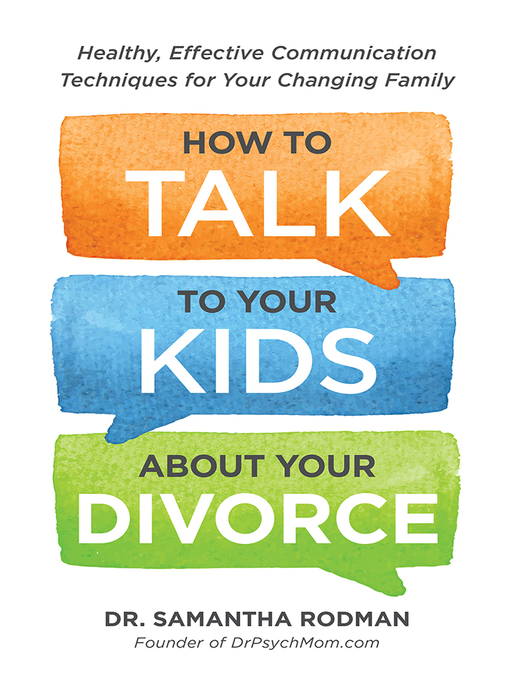 For example, talk frankly about how sharing nude or sexually explicit photos of themselves or their peers may be illegal. “They could be charged with making or distributing child pornography,” explains Silverberg, “even if everyone involved is okay with it.”
For example, talk frankly about how sharing nude or sexually explicit photos of themselves or their peers may be illegal. “They could be charged with making or distributing child pornography,” explains Silverberg, “even if everyone involved is okay with it.”
Ask your child “What do you think it means to be respectful on social media?” And when high-profile stories on sexting or online bullying are in the news, use them as jumping-off points to ask your child how they would handle similar situations.
How to talk to your teenager about sexTalking with your kids about sex and sexuality early in life really pays off once they’ve hit their teens. If you’ve established yourself as open to discussing those topics, “your kids are probably going to feel more comfortable talking to you and asking you questions,” says Thornhill.
But if you’ve been quiet on the subject of sex up till now, she recommends sitting down with your teen and stating that you’re changing your ways.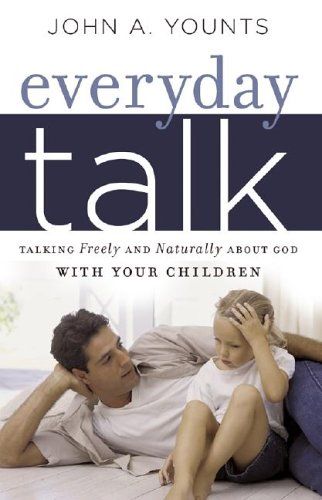 “Even just hearing that is really reassuring for most kids,” Thornhill says.
“Even just hearing that is really reassuring for most kids,” Thornhill says.
While you generally want to minimize the lectures, teens need real talk about birth control, says Thornhill, who adds that you might even want to supply condoms or set up a doctor’s appointment for hormonal birth control.
It’s also important to frequently discuss consent in sexual relationships. “You need to be thinking about how to help them protect themselves against pressure and dating violence,” says Silverberg, adding that conversations around these topics should include the impact drinking and drugs can have on judgement.
Frequent conversations around healthy relationships are crucial. If your child is reluctant to talk about herself, Silverberg recommends that you talk about “friends at school” instead. You may also want to share relationship stories from your past.
Ultimately, when it comes to teens, you want to empower your child to be able to evaluate risks and make good decisions. “Helping kids understand that they have a gut, an inner voice, and they can and should listen to it, is a big part of what sex education is about,” says Silverberg. And by discussing the right topics at the right ages, you’re setting your child up to do just that.
“Helping kids understand that they have a gut, an inner voice, and they can and should listen to it, is a big part of what sex education is about,” says Silverberg. And by discussing the right topics at the right ages, you’re setting your child up to do just that.
*Name has been changed
Stay in touch
Subscribe to Today's Parent's daily newsletter for our best parenting news, tips, essays and recipes.- Email*
- CAPTCHA
- Consent*
Yes, I would like to receive Today's Parent's newsletter. I understand I can unsubscribe at any time.**
FILED UNDER: age by age Consent Gender Instagram Kids Puberty service seo Sex sex ed sexual abuse
Correct about the complex: how to talk to children about sex
How and when should you start talking to children about sex? Writer Linor Goralik reflects
Some time ago, my close friend and his wife told me that their six-year-old son really wants to understand how the puppies that she is about to give birth ended up inside their dog Buba. “Of course,” my friend said, “it would be nice to tell him where everything comes from, but it’s completely incomprehensible how.” His wife snorted at this and said with a sigh: "You might think about everything else, it's clear how."
“Of course,” my friend said, “it would be nice to tell him where everything comes from, but it’s completely incomprehensible how.” His wife snorted at this and said with a sigh: "You might think about everything else, it's clear how."
This conversation seemed really important to me: we read and hear a lot on the topic “how to talk to children about sex”, but very little is said about why, in fact, it is always the most difficult to talk about sex. It seems to me that this happens for a simple reason: the answer seems obvious to us. But every time when this very “how” was discussed in front of me, I carefully asked why these conversations were so difficult. And there was nothing obvious in the answers of adults (those who thought that I was asking about the obvious, and who looked at me with bewilderment) were not found. These answers were very, very different: “I’m afraid to hurt him somehow”, “I’m afraid that it’s too early for him”, “I don’t know what he already knows and I don’t want to look like a fool”, “I don’t want to file him the idea that everything is possible”, “I don’t like to talk about sex at all”.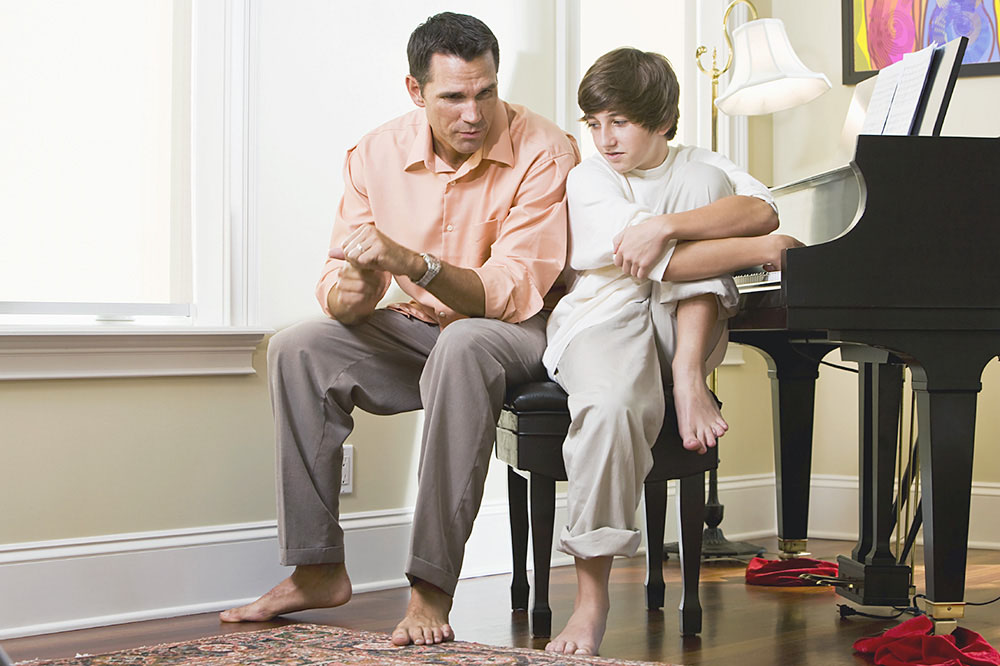
Sometimes I felt awkward. When you ask a person why they think it is difficult for us to talk about sex with children (at home or in the classroom, as a children's writer or parent, teacher or doctor, it doesn't matter), you unwittingly offer him a projective test: whatever he answers, you , most likely, you will learn much more about him than about the subject of conversation. Of course, if you ask a person how to talk to a child about books, you will also learn a lot about him from his answer. But sex is a special story, and for me personally, the seemingly obvious reasons for this feature turned out to be not at all obvious at the time.
Poor adults
To begin with, sex is the only "bodily" activity we do not do alone; we generally tend to hide the body, and then suddenly ... Another example: people tend to draw far-reaching conclusions about each other's personality based on information (or rumors) regarding sexual life - the number of partners, the duration of the relationship, tastes, addictions.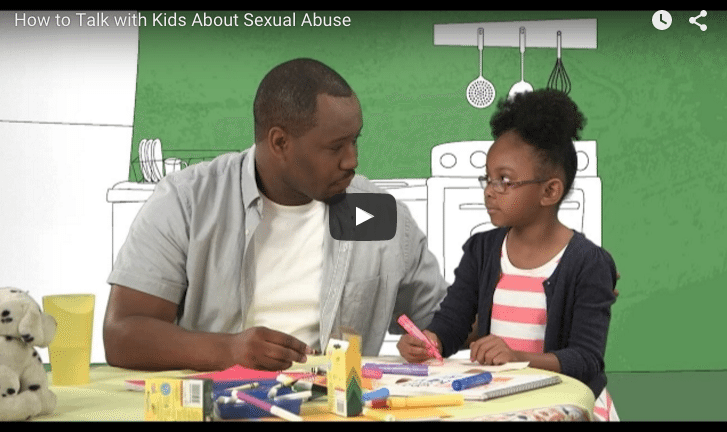
Another example: since we really know very little about what other people do in bed, we are often afraid of not conforming to the norm, of doing something wrong - there is really nothing to compare with.
And one more thing: we are often sure that a person's sexuality largely determines his chances for personal happiness, love, marriage, parenthood.
By the way, this is also an important story: as a stranger, we understand that sexuality is not reduced to the mechanics of sex (this is the easiest thing), but includes much more complex things - relationships with a partner, tastes, addictions - and how to explain this ? It is not surprising that when a person talks about sex - not only with a child, but even with his own partner, friend, therapist, with himself, finally, he is actually talking about anxieties and fears that are very far from sex as such.
When it comes to talking to children, an adult really often finds himself in an unenviable position: go and talk to a child about a topic that is so difficult for you yourself.
I have talked about love and sex with my students (of very different ages), with the children of friends, with teenagers for whom I once wrote a book about HIV / AIDS - and I saw how much to their own curiosity, misunderstanding (or understanding), fear (or lack of fear) is mixed with a heavy and sad rubbish of what torments their teachers, parents and just older acquaintances.
Speaking of adults, when they were children, their parents were often even worse off than they are now. The world was more conservative, sex education was worse, the safety of sex and the level of control over one's health was lower, the social framework was tougher.
Their parents' talk of sex, if at all, was often intimidating.
And it turns out that many of today's adults do not have their own childhood experience of successful conversations, and simply normal receipt of information about human sexuality. Calling a spade a spade: not only our grandparents, but also our mothers and fathers did not know very much of what we know, and had much more reason to be afraid of the most diverse manifestations of sexuality - both in themselves and in others - than we are now.
Calling a spade a spade: not only our grandparents, but also our mothers and fathers did not know very much of what we know, and had much more reason to be afraid of the most diverse manifestations of sexuality - both in themselves and in others - than we are now.
We are a generation that fails to draw on our own positive experiences when talking to children. We have to understand almost everything from scratch. What and why? people are having sex, and I'm sure this conversation went well. “At least,” said the lady, “I am sure that she will not allow any perversions to be done with her.”
For the first time I thought that here is another thing that everyone considers obvious, but when asked, they give very different and very difficult answers: okay, “how”, more important is “why”. Why talk to your child about sex?
What do we want the child to take away from this conversation, and what do we ourselves want from this conversation?
Sometimes my interlocutors answered me: “If only she didn’t get sick” or “If only she didn’t get infected”, sometimes — “so that she could understand how her body works”, once — “so that her husband would be pleased with her later.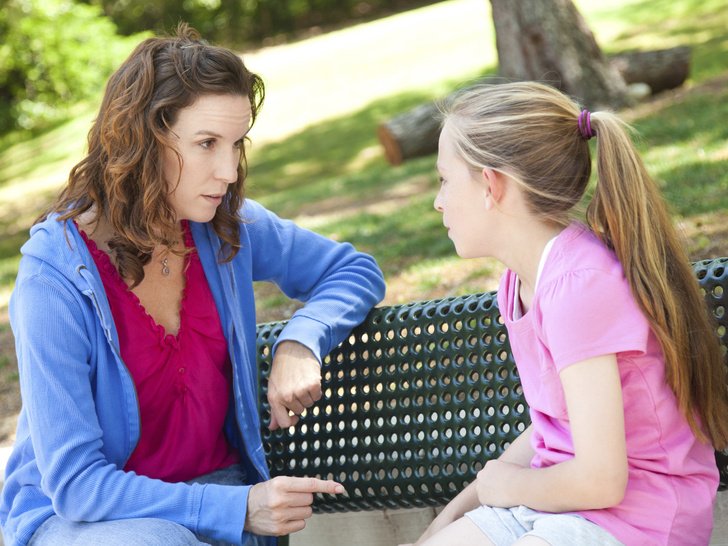 ” I was lucky to talk to those who said that they would like to form in a child such an attitude towards sex, in which this activity, while remaining safe, will bring joy to him and his partners. But, one way or another, it turned out that asking yourself the question “why am I having this conversation?” and understanding how good the answer seems to me is much more important than coming up with a good metaphor about butterflies and flowers. Moreover, there are no universal conversation scenarios, just as there are no universal children. Speaking of adults, we remember how different people are: what is suitable for a conversation with one, then in a conversation with another it will end in disaster. And only about children we like to talk en masse: what to read to children, what to tell children about, how to talk to children about sex. It seems to me that if you do not ask yourself in advance: “Why am I talking about this particular topic with this particular child?” - any scenario from the book for parents can be not only unsuitable, but also harmful - at least because it will bring a distinct flavor of falsehood into the conversation.
” I was lucky to talk to those who said that they would like to form in a child such an attitude towards sex, in which this activity, while remaining safe, will bring joy to him and his partners. But, one way or another, it turned out that asking yourself the question “why am I having this conversation?” and understanding how good the answer seems to me is much more important than coming up with a good metaphor about butterflies and flowers. Moreover, there are no universal conversation scenarios, just as there are no universal children. Speaking of adults, we remember how different people are: what is suitable for a conversation with one, then in a conversation with another it will end in disaster. And only about children we like to talk en masse: what to read to children, what to tell children about, how to talk to children about sex. It seems to me that if you do not ask yourself in advance: “Why am I talking about this particular topic with this particular child?” - any scenario from the book for parents can be not only unsuitable, but also harmful - at least because it will bring a distinct flavor of falsehood into the conversation.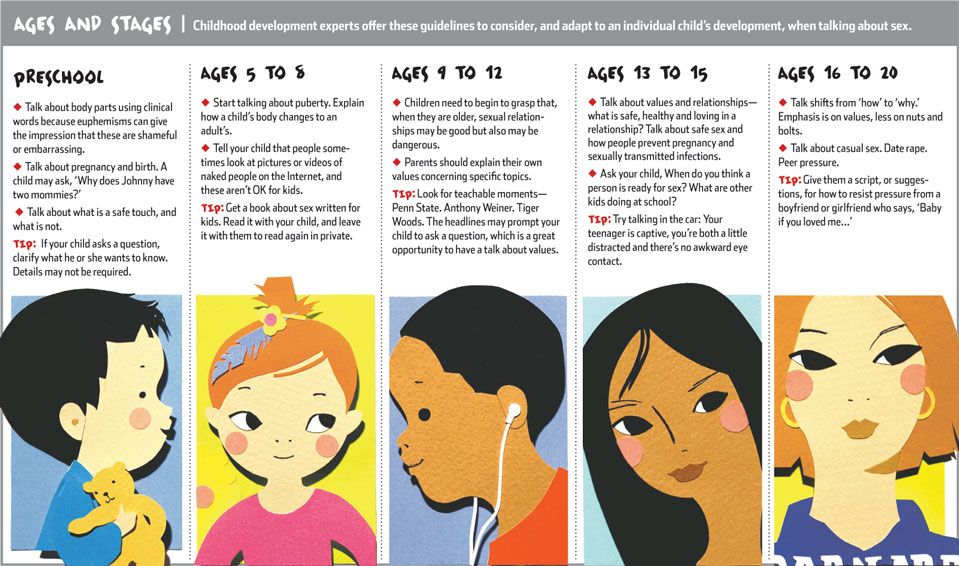
For two
It seems to me that one of the most important things to remember when talking about sex with a child is mentioned very rarely: this is not a lecture, but a conversation. It has two members. One may know more and the other may know less (sometimes this is not guaranteed). Perhaps one is experienced and the other is not (and this is not always guaranteed, especially in a conversation between a person of an older, more conservative generation with a teenager).
But in general, you have the right to feel like a person - and to be a person in this conversation, not a radio.
You have the right to doubt, not to know, to encounter a thought for the first time, to make mistakes. But the child should be honest about this: “I didn’t think about it”, “I understand what you are afraid of”, “it also worries me sometimes”, “everyone finds the answer to this himself”, “this is also a difficult conversation for me” .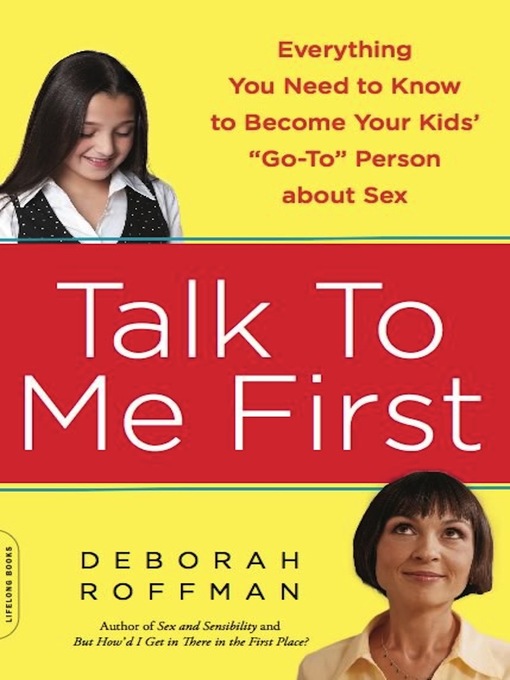 If these are not excuses, but a recognition of their own humanity and an offer to think further, discuss in more detail, return to the conversation again, the child will understand and appreciate this.
If these are not excuses, but a recognition of their own humanity and an offer to think further, discuss in more detail, return to the conversation again, the child will understand and appreciate this.
An adult speaking instructively in the format of a lecture is much scarier.
And by the way, the vast majority of adults prepare for this conversation exactly like a radio broadcast or a lecture: they imagine that the child is a silent listener who needs to be enlightened. But your younger interlocutor may have his own views and opinions. You can disagree and argue with them, but for this you must first hear them. Few people are ready for the fact that a child can not only have an opinion on a variety of issues related to sexuality, but also that this opinion may differ from ours. It is clear why this is a difficult moment - but, again, no one can be persuaded without listening. And after listening, you can find that there is nothing terrible in the divergence of opinions, if it is an honest conversation, and not a radio broadcast.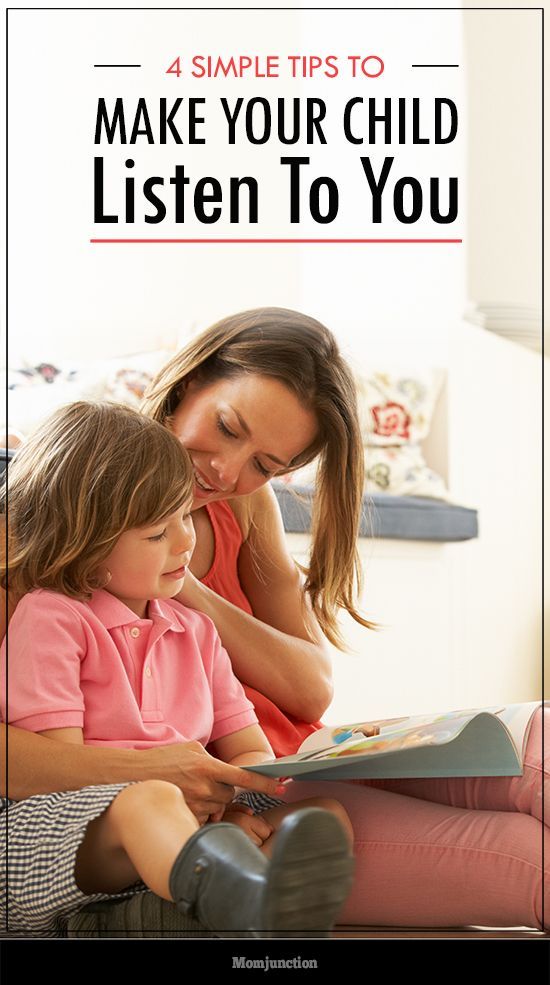
Private and personal
Conversation differs from notation in that both interlocutors are in an equal position. For example, one interlocutor may well ask another about his own experience - and not only you have this right, but also your child. If you're comfortable telling what they're asking you, great. But you, in turn, have the right to honestly say: “This is too personal, but in general about this I think that ...” - and not to share facts, but to share opinions. If it's an honest opinion, you're more likely to be understood. But in any case, you are given a great chance to explain to your child what “privacy” is and why every person has a right to it, especially when it comes to personal and intimate life.
It would be good to remember that the right to privacy also applies to the child: he is not obliged to report to you, and you do not have the right to approach him with tactless questions, no matter how much you want to. Only then is there a chance that he himself will return to the conversation about his personal life, in particular about human sexuality in general, when he needs to share or consult.
Only then is there a chance that he himself will return to the conversation about his personal life, in particular about human sexuality in general, when he needs to share or consult.
And by the way, we keep imagining that talking about intimacy or love relationships will always be about his life, not yours. In practice, it turns out that this is far from always the case: parents move away, get closer, get divorced, start new relationships, and if your relationship with your child is the relationship of two people who trust each other, you can also talk about all these things, if they happen. - if not always easy, but at least honestly. And sometimes you don’t have to: with openness and mutual respect, many things are understood without further ado.
Conversation or topic
One of my interlocutors said with relief that he didn’t need to talk more “about all this” with his thirteen-year-old son - thank God, everything is over: “I planted, explained, the topic is closed. ” “I planted, explained” completely confused me on their own - when a person is thirteen years old, it would be good to listen to him for a start, but the words “topic closed” confused me even more.
” “I planted, explained” completely confused me on their own - when a person is thirteen years old, it would be good to listen to him for a start, but the words “topic closed” confused me even more.
This is a very common story:
adults believe that once they have fulfilled the parental duty of sexual education, they may never return to this embarrassing topic.
Every time I stumble upon this, I imagine that we are talking about, say, studying: once I gathered my courage, “I planted it, explained it, the topic is closed.” It sounds ridiculous: we are fully aware that the topic of study will be of great importance in a person’s life, and we hope that we will be able to communicate normally with a child on this topic for years. But we are equally aware that the topic of sexuality will play a huge role in his life, and at the same time we hope to get rid of it once and for all.
It seems to me that the conversation about sexuality in trusting relationships never stops.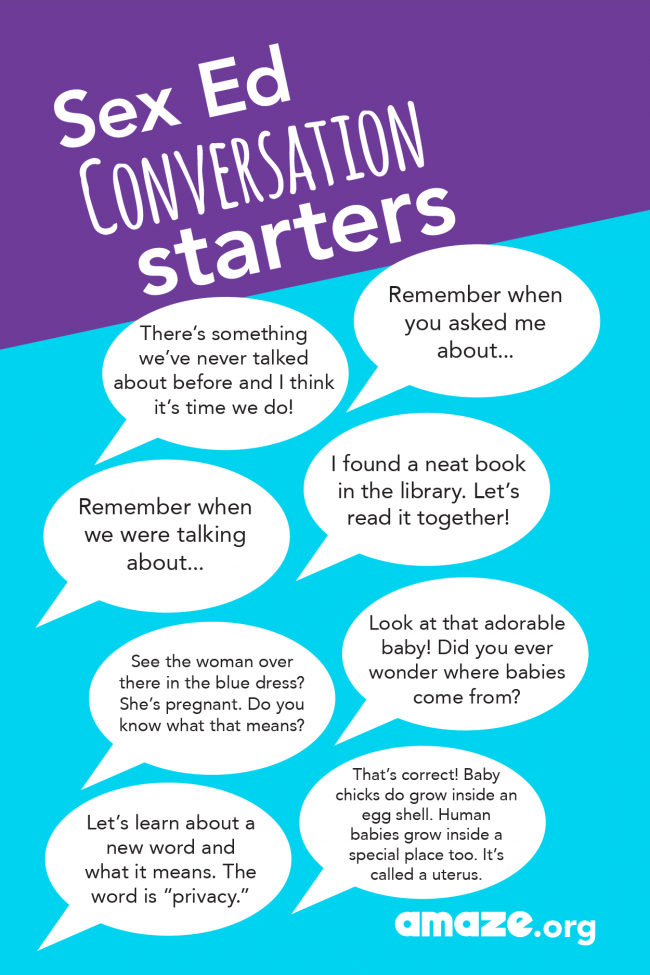
This does not mean that it is conducted every day. This means that the topic is not taboo, that the child (and you - you, by the way, also have a personal life) can return to it when he sees fit, and especially when life offers him new questions. We remember this very rarely, but today, when practices, beliefs, and even laws related to human sexuality are constantly changing, it is reasonable to expect that a child will have more than one or two reasons to talk with an intelligent person about what he sees. , hears or encounters. Unless, of course, he will trust this smart person.
When and how to talk to children about sex: psychologist's recommendations - Tips
1What happened before
© VKontakte
Modern children are developed beyond their years. Even at preschool age, they want to know what kind of relationship there is between a man and a woman and why a child is born after that. Parents are often embarrassed even by the thought that it is time for the younger generation to talk about "pistils and stamens. " Psychologist Nadezhda Dvoskina told the RIAMO in Balashikha portal how, when and why to engage in sexual education of children.
" Psychologist Nadezhda Dvoskina told the RIAMO in Balashikha portal how, when and why to engage in sexual education of children.
The catchphrase “There is no sex in the Soviet Union” has been around for decades. It is familiar to everyone born in the USSR. Then the topic of intimate relationships between a man and a woman was taboo, it was considered shameful to discuss this issue, and there was no question of sexual education of children.
“I didn't see any hint of sexual relations among adults. At the age of 14, I asked my father how “one should be with girls,” so he yelled at me and gave me a slap on the back of the head. Of course, like all teenagers, my best friend and I discussed the topic of sex. Quietly, fearing that we would be caught and punished, as if we were smoking cigarettes behind garages. I still remember how my friend and I still couldn’t understand how all our friends and neighbors have children if they don’t have sex? - recalls Dmitry, who was born and raised in the USSR.
Psychologist Nadezhda Dvoskina believes that it is impossible to speak so unambiguously about such a wide social group as "born in the USSR", since it includes people who are completely different in age, social status and level of education. Accordingly, their “preparation” for adult life was different for them.
“It would be more correct to say that in the USSR it was not customary to openly tell children about sex. How did this affect them when they became adults? First of all, this led to a low level of knowledge about the structure of one's own body. Accordingly, “in the case” a person was guided not so much by knowledge as by various myths - first of all, about contraception, ”explains the expert.
"Killing" - a new kind of person or just an unhappy woman?>>
pixabay.com, Victoria_Borodinova
The current generation is different - kids learn early about sex and where babies come from. As a rule, this happens by chance - which means not in the way that parents would like.
As a rule, this happens by chance - which means not in the way that parents would like.
“My girls, who are seven and nine years old, were watching cartoons on a tablet. And then I myself picked up the gadget and began to enter something in the search engine, and suddenly the query “Lady Bug and Super Cat sex” popped up. I checked the browsing history - yes, the daughters watched an idiotic video in which some children imitate intimate relationships between the heroes of a popular cartoon, and in a very rude way. The ground is gone from under my feet! I was confused, didn't know what to do. As a result, she simply deleted the video from the story and pretended not to notice anything, ”says Valeria.
Contraception commercials are shown on TV at any time of the day or night, and the topic of sex is overtly featured in many music videos.
Therefore, the psychologist recommends that parents first of all take care of what exactly their children watch on the Internet and on TV. So, you can install “parental control” programs on gadgets, and limit TV viewing only to children's channels.
So, you can install “parental control” programs on gadgets, and limit TV viewing only to children's channels.
“This is a very important task for parents that should not be ignored. But if the child nevertheless saw something inappropriate in age or completely inappropriate and became interested in it, then the main thing is not to scold and shame him that he “got into the wrong place”. And at the same time, try not to be embarrassed yourself, keep calm and adequate reaction, ”says Dvoskina.
And he adds that for each age you can find available words to explain to the child what he saw. For example, for children of three or four years old, it is enough to say that adults sometimes do this, and if they like it, then everything is in order. After that, you can switch the baby's attention to something more suitable for his age.
Confessions of mistresses: "It doesn't matter if he is married or not, as long as he is not a rogue">>
3How to respond to children's questions
© Pikist.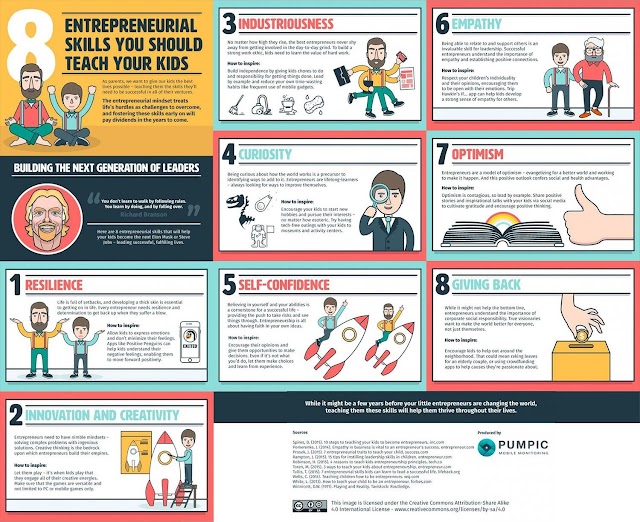 com
com
When an intimate scene begins in the film, the mother yells to her son: "Close your eyes or turn away!" The father, who “caught” his daughter watching an “obscene clip”, raises his voice: “Turn it off! It’s too early for you to see such a shame!” Similar situations are typical for Russia.
Parents' motives are understandable - they are trying to protect their children from what they think is too early for them to know. However, the expert notes, in this case, the child draws the wrong conclusions: parents are scared and ashamed, which means that sex is something terrible and shameful.
Then the child, having become a teenager, will never come to his parents for answers to exciting questions. He will look for them elsewhere - with friends, on the Internet, and then on personal experience. And even when the parents “ripen” to an important conversation, he will find a lot of excuses to avoid it: “Yes, I already know everything”, “I don’t want to hear”, “I’m not interested.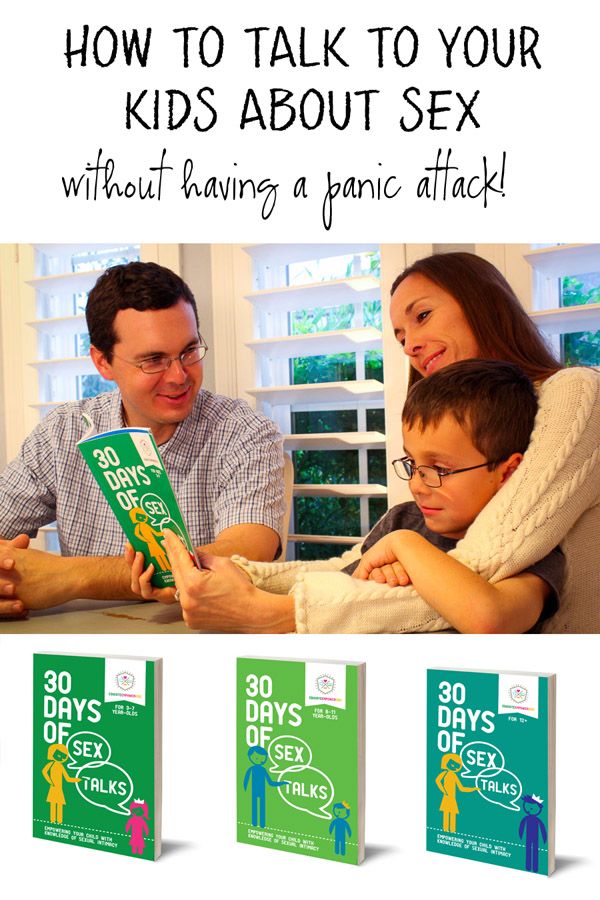 ”
”
That is why it is very important to respond to children's questions in a timely and correct manner.
“Most often, an important conversation arises not just because “we need to talk”, but as a response to a certain context. For example, a teenage daughter saw an advertisement for contraceptives in a pharmacy and somehow commented on it. It would be good for parents to take advantage of a good moment and talk about contraception in general: how the means are selected, why they are important, how to see a doctor, ”explains Dvoskina.
The psychologist adds that such conversations require such “introductions” as a high degree of trust between the parent and the child, as well as good knowledge of the parent himself in this matter. Otherwise, it will turn out like in the USSR - the transfer of myths, fears and prejudices to the next generation.
“Throwing the baby with all her might”: women about feelings that are customary to be silent about>>
4How to submit information
© Giphy. com
com
According to the expert, in many respects the approach to sex education that developed in the USSR is preserved in Russia even now. This topic as a whole is quite difficult to discuss even in an adult environment, even between spouses, let alone parent-child relationships.
However, modern and progressive parents prepare mentally for an important conversation as their children grow older. However, according to the psychologist, you can’t just say “Son, we need to talk about something very important” and stun the child with new and unexpected information.
It is important to understand that any educational process, including in the intimate sphere, is not a one-time conversation.
“Look at how the process of education takes place in principle and how it is connected with growing up. First, the child is asked to add apples and pears, then they explain the numbers and various mathematical operations, only then they introduce formulas that become more and more complicated with time. By and large, information about sex should be presented in approximately the same way. Go from simple conversations to more complex ones,” explains Dvoskina.
By and large, information about sex should be presented in approximately the same way. Go from simple conversations to more complex ones,” explains Dvoskina.
Psychologist on how to talk to children about money and avoid harmful manipulations>>
5What will help parents
© Pikist.com
The psychologist notes that shyness is a very understandable reaction of adults. It happens that parents cannot “break” themselves and have an adequate conversation about sex with their child. It happens that they are only capable of warnings in the spirit of "do not bring in the hem." In this case, you need to act in a different way.
“Use literature and educational programs. This is a tried and tested method that works well. However, you need to carefully select these "visual aids" - ordinary films and magazines "for adults" in this case will not work, because they are not intended for this. Now there is a good selection of educational manuals about human physiology, sex, relationships for different ages, and it is these that parents should pay attention to, ”says Dvoskina.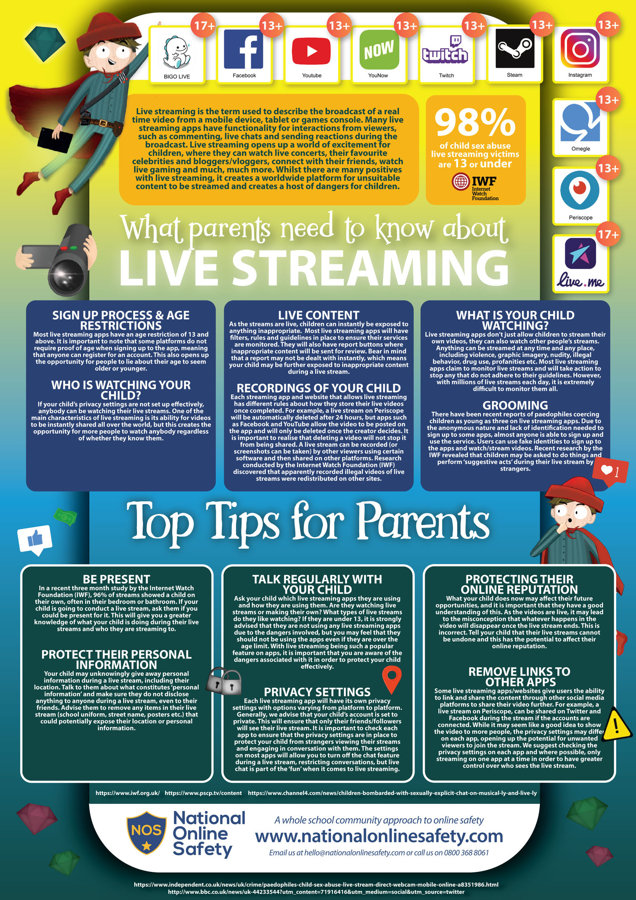
So, for the smallest children, books are perfect, which schematically show how life is born and how a child is born. For older children, there is literature that describes in more detail the relationship between a man and a woman.
“For teenagers, starting from the age of 11-12, it is also very important to know what is happening to them: how and why their body changes, why their mood “jumps” like that, what else to expect, how normal the desires that arise are. In this context, it makes sense to consider issues of contraception - thematic literature will also help here, ”the expert notes.
Finally, Dvoskina advised parents to be sincere, benevolent, and psychologically flexible in order to strengthen relationships with their children.
“If parents, having overcome their fears and doubts, bring educational books about sex to their children, show them high-quality thematic programs, then they are already moving in the right direction,” the psychologist concludes.